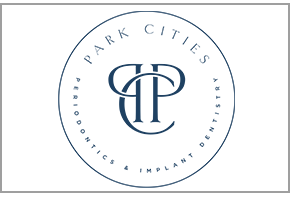Diagnosing Gum Disease
Gum disease is most often diagnosed by our dentist, because many of the symptoms are difficult for the average person to see—yet another reason to see our dentist on a regular basis. However, if you pay close attention to the condition of your gums, you might notice some of the early warning signs of gingivitis and gum disease. You should talk to our dentist about problems like:
- Gums bleeding when you brush
- A red or shiny appearance to the gum tissue
- Gum sensitivity
These can all indicate the presence of gum disease or gingivitis.
To prevent gum disease, brush and floss regularly. You should brush for a minimum of two minutes, preferable after each meal. Flossing should be performed properly in order to remove food particles from between the teeth and help massage the gums. Using an electric toothbrush can go a long way in preventing gum disease, since they are often more thorough and help massage the gums.
Treatments for Gum Disease
In its earliest stages, gum disease is simply inflammation of the gums, called gingivitis. Gingivitis is much easier to treat. Our periodontist might recommend brushing with baking soda or a baking soda toothpaste, or might suggest switching to a stiffer toothbrush. Some dentists recommend electric toothbrushes or water cleaning systems to keep the gums healthy in the long term.
If gum disease progresses beyond gingivitis, more intensive and sometimes invasive treatment might be necessary. Treatment could include:
- Deep cleaning, or planing and scaling
- Flap surgery
- Gum grafting
- Guided regeneration of tissue
By taking good care of your teeth and gums and visiting our office regularly, you can prevent gum disease from progressing to the point where these types of treatment are necessary to preserve your teeth.
Call us at (214) 949-1836 to schedule your appointment today.
